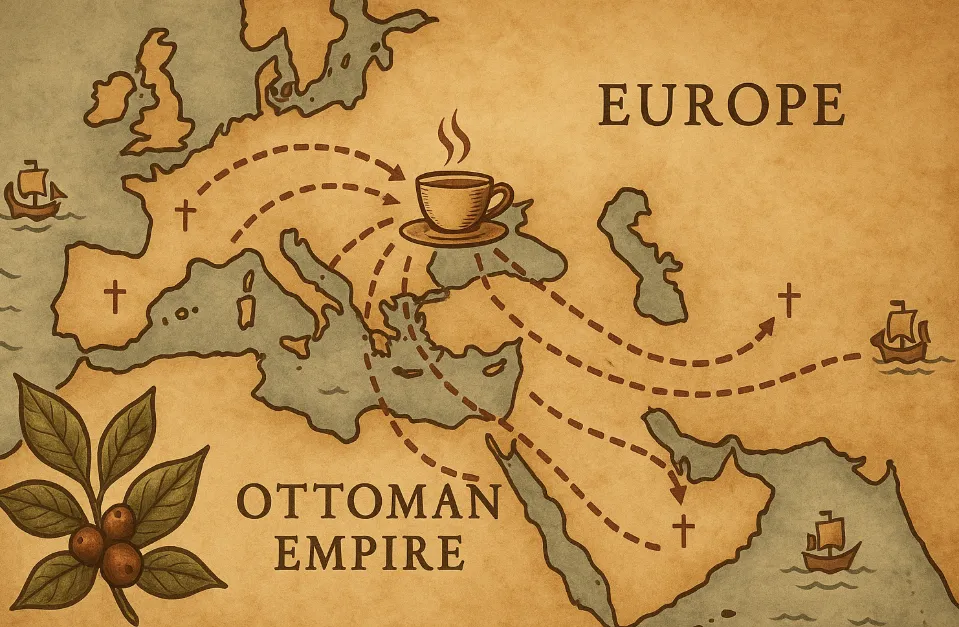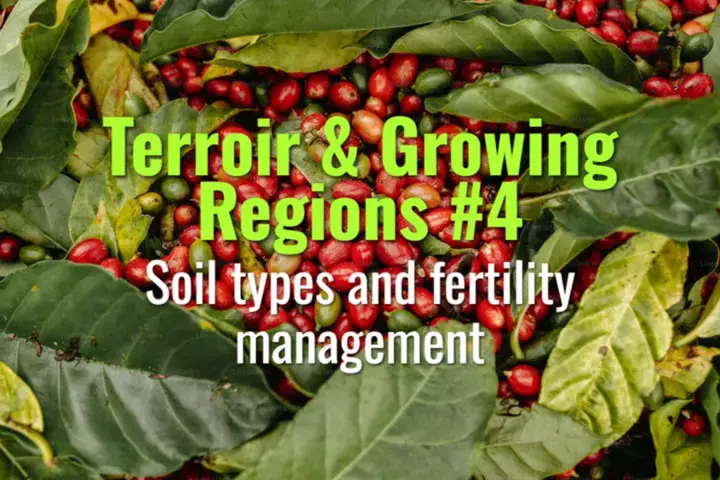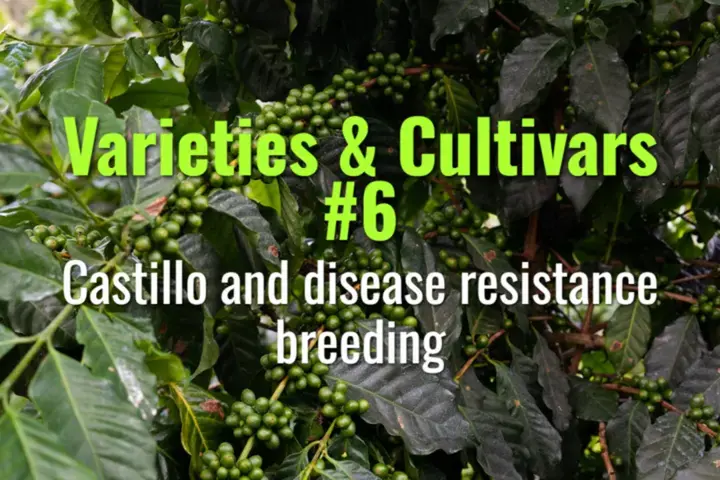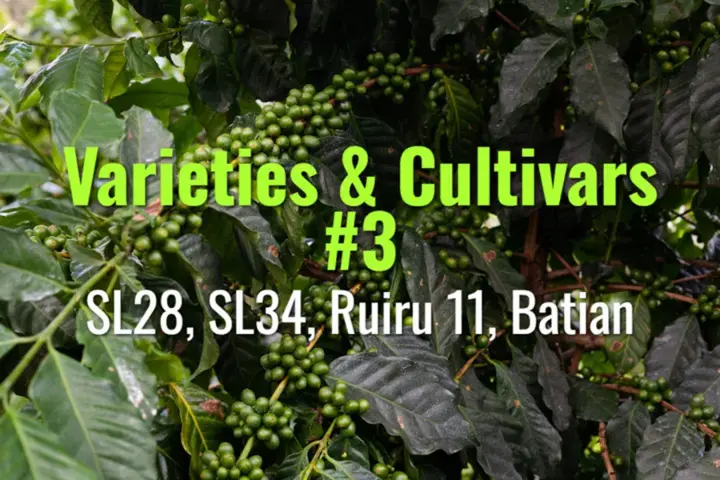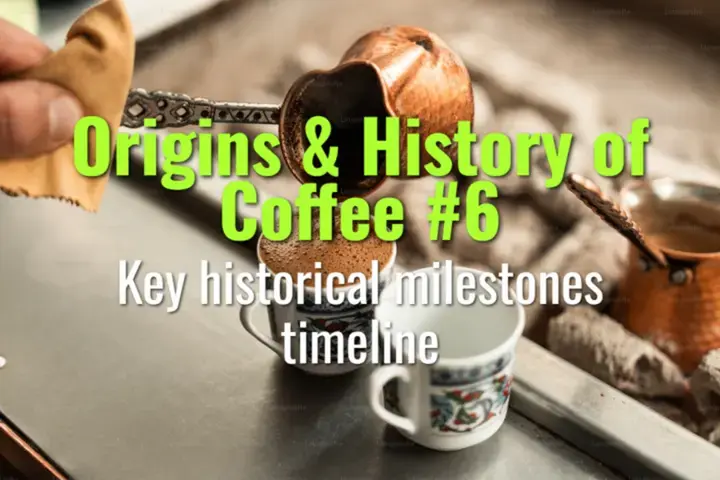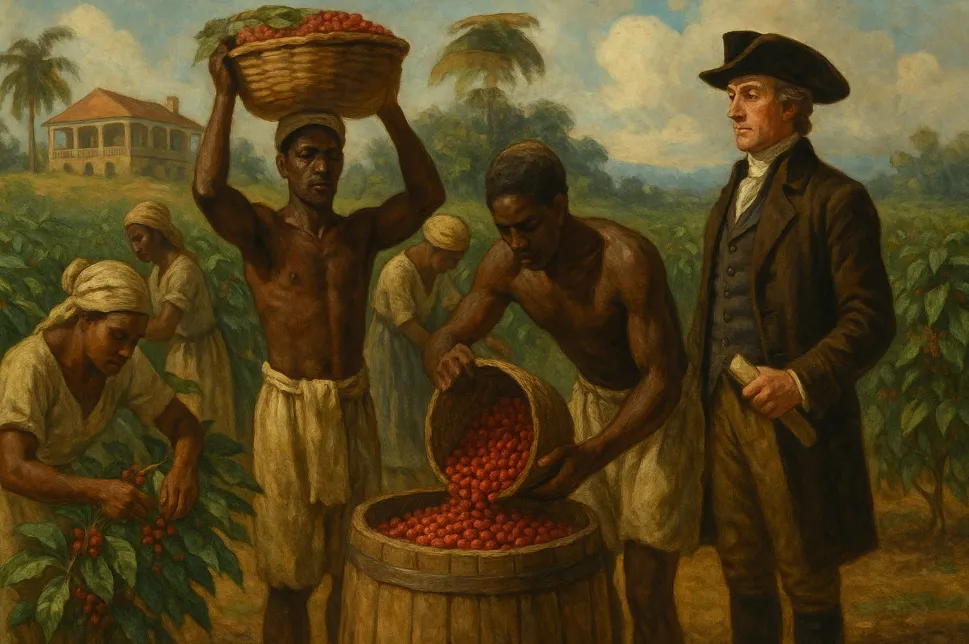
Colonialism and Coffee: How European Powers Shaped Global Coffee Production
Explore the complex relationship between colonialism and coffee production. Learn how European colonial powers established coffee plantations, controlled trade routes, and created lasting impacts on coffee-producing regions that persist today.
